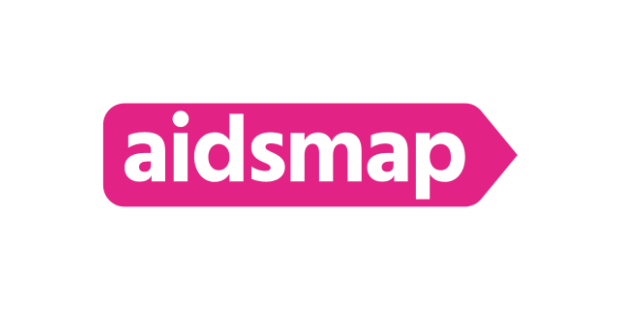Alcohol
Government guidelines state that we should drink no more than 14 units of alcohol per week. If you regularly drink as much as 14 units a week, you should spread your drinking over 3 or more days.
There is evidence that having HIV affects how much you should drink. An American study found that men living with HIV who were drinking more than around 13 units per week were at an increased risk of death compared to HIV negative men. Researchers think the reasons for this may be because blood alcohol levels in people with HIV are higher per unit drunk.
Another study found that people with HIV felt drunk after fewer drinks – particularly people with a detectable viral load.
In a study in 2024 people with HIV who reported frequent unhealthy alcohol use were twice as likely as people without HIV to experience a heart attack, stroke or heart failure.
NHS Choices has tools for tracking your drinking and advice on quitting and cutting down.
HIV treatment and alcohol
There are no significant interactions between alcohol and HIV drugs.
However, you may forget to take your HIV treatment when under the influence of alcohol and heavy drinking will harm your health.
It’s advisable to reduce your alcohol consumption to a minimum or, preferably, stop drinking altogether if:
- You already have a liver disease such as hepatitis. You need a healthy liver for your body to get the benefit of HIV drugs.
- Your CD4 count is low (ie, you have a weakened immune system). If you’re not on HIV medication, heavy drinking could weaken your immune system further and slow your recovery from infections.
- You have high levels of fats in your blood, a potential side effect of some HIV drugs.
Smoking
According to research, if you have HIV, are on treatment and smoke, your risk of death is doubled.
On the other hand, non-smokers with HIV who are doing well on treatment can expect to have a normal lifespan.
Another study from Denmark reported that the rate of heart attacks among smokers with HIV is three times higher than that of HIV negative smokers.
Smoking rates are higher among people living with HIV. HIV itself causes changes to cholesterol, which can cause or worsen cardiovascular disease. In addition, certain antiretroviral drugs also have a negative effect on cholesterol and lipids. If you add smoking to the mix, the risks are greater.
Your local NHS service will provide help to stop smoking, such as nicotine replacement therapy or group support. Smokefree is an NHS website with lots of advice and information about quitting. You can call their helpline on 0300 123 1044.
Using e-cigarettes (vaping) could be an option for you. The NHS has advice about how vaping can help you quit for good.







